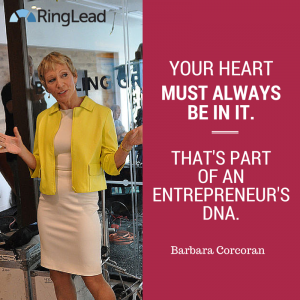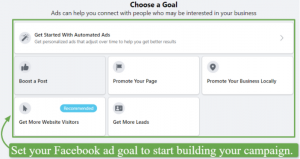Prepare For Pinterest Search Ads
by Aaron Baar, Staff Writer, February 7, 2017
Last week, Pinterest announced it was offering search advertising on its platform. In partnership with Kenshoo, the new offering includes keyword and shopping campaigns, and a variety of new reporting options. The reasons behind the development are fairly obvious: 150 million monthly users globally, according to the company, planning for tangible things in their lives like dinner, fashion, vacations and home decor.
“People are coming to the platform with a large degree of commercial intent, and there’s a big focus of being able to connect with brands, products and services,” Michael Akkerman, Pinterest’s head of marketing partners, tells Search Insider. He adds that the platform is mobile-friendly and highly visual, which lends itself to customers in the upper regions of the purchase funnel. “Ninety-seven percent of our top queries were unbranded,” Akkerman says. “It’s a unique time for a brand to connect with a consumer.”
Yet search advertising on Pinterest isn’t as simple as simply pouring unbranded keywords and activities into a new platform and letting it ride (though that’s a possibility). As with so much of marketing these days, success is dependent on the “story” one intends to tell on the platform. And because Pinterest is primarily visual, that story may be different from the one told in traditional search.
“It definitely takes more focus from the marketer because while it is the same mechanism that people are coming to the platform to search, they are getting back visual creative, rather than text-based creative,” Akkerman says. “You [also] have a different dynamic between how people search on Pinterest and how they’ll go on traditional search. I prescriptively know in traditional search what I want. On Pinterest, people are still exploring. They’re in more of an open mind and they’re still trying to discover.”
But getting things up and running does take some planning. One of the platform’s initial partners, eBay, found Pinterest search advertising did require a new form of thinking.
“The major difference is, it’s a visual search engine,” says Llibert Argerich, global director of social and content for eBay. “It’s a bit of [an involved] process today as we built the infrastructure.”
On the plus side, Pinterest campaigns tend to have a longer tail than traditional search efforts. Most consumers use the platform to save ideas for use at a later date, and those pinned items will live longer, Akkerman says.
“On a 30-day attribution window, you will see continual traffic to your Web site and conversions and revenue tied back to [one] Pinterest ad, even though you only paid for that initial click, because people have saved it to their board,” he says.
And because consumers are pinning and saving, the goal needs to be more about relevance, and less about being in the top five search results (as you might need on Google), Akkerman says. Within Pinterest’s platform, organic and sponsored content are intermingled (though sponsored content is identified as such). When consumers are looking for an idea for next week’s dinner, they’re less concerned about where the idea comes from than what the idea actually is, how much time it takes, and whether their family will actually eat it, Akkerman says. Thus, anyone approaching a Pinterest search campaigns need to put relevance above all else.
“It’s not about [having] the number one absolute best result,” he says. “It’s about being able to show relevancy in a new search experience.”
These are still early days in Pinterest’s search advertising venture. In the coming months and years, there will be plenty of experimentation and more learning. However, given the macro trends around search and Internet advertising in general (mobile, visual, relevance), the nature of Pinterest search could spill over into other areas. Better to start now.
“This is a new evolution in search,” Akkerman says. “There’s a reason why we ‘eat with our eyes’ and we say, ‘I see what you mean.’ If you search on Pinterest, it allows someone to have a greater understanding of [your] products and results.”
MediaPost.com: Search Marketing Daily
(118)
Report Post




